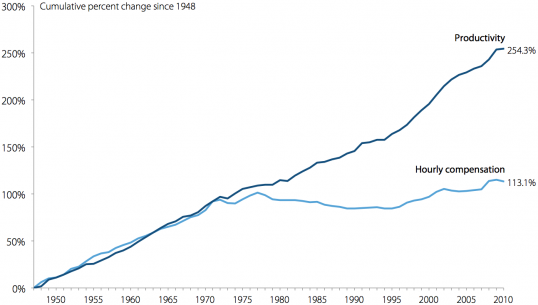Dad2three
Gold Member
And yet where did the crash happen? In regulated mortgage backed securities.
Actually, they were "regulated," but not really regulated.
They were regulated, period.
Hardly. Try this feature for details:
House Of Cards The Mortgage Mess - CBS News
Let me just clarify.... I don't want to imply you are saying something that you are not.
FDsys - Browse Code of Federal Regulations Annual Edition
This web site is the Federal Code of Regulations, for the year 2000.
If you scroll down to Title 12, Banks and Banking, you will discover that the regulations come in a 6 Volume set. If you download all 6 volumes, (as I have done), you will discovered over 4,000 pages of regulations on virtually all aspects of banking.
In addition, you will discovered several government bodies created to monitor banks, including Federal Financing Bank, Federal Housing Finance Board, Department of the Treasury which has it's own regulations, FDIC which has it's own regulations, and lastly Comptroller of the Currency which has it's own regulations.
But wait! There's more!
Moving down to Title 17, you'll find a three volume set, containing over 2,400 pages exclusively to regulation on securities.
Then moving to Title 24, you'll find another three volumes, of just under 1500 pages, and while they are not all related to mortgage securities, some are, such as Government National Mortgage Association, Office of Assistant Secretary for Housing, and Office of Housing and Office of Multifamily Housing Assistance Restructuring, each with their own various regulations that must be followed.
And of course, if you wish to claim that the roughly 8,000 pages of regulations that existed back in 2000, regulating and over-seeing every aspect of banks was just far too limited and modest.....
Lawriter - ORC - Title 11 XI FINANCIAL INSTITUTIONS
Let us add in State Level banking regulations as well. Ohio Revised Code, Title 11, contains no less than 80 Chapters regulating banks. That's just Ohio Revised Code. Many states have more regulations than Ohio.
Now.... Allow me to ask again.... Are you saying that the banks and mortgage backed securities were not regulated?
Can you say wall street, the five investment banks that lead this?



